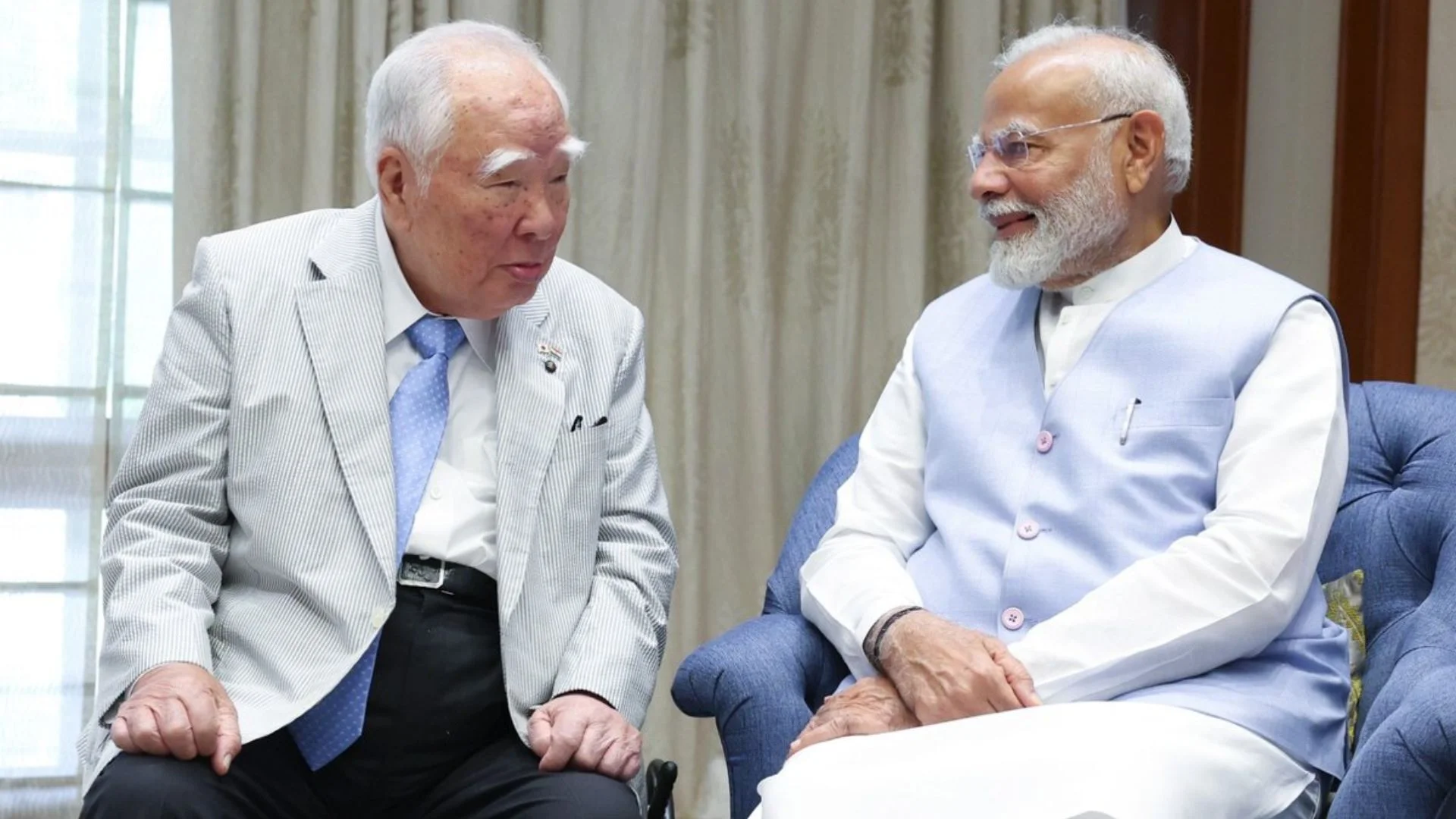There are almost 8 lakh Indian students studying in various foreign universities and spend on an average Rs 2 lakh crores every year in fees and other expenses. The government is taking steps to ensure that quality education and similar facilities are provided in India itself so that these students are retained here, stated Dr. Ramesh Pokhriyal ‘Nishank’, Union Minister of Education, Government of India. He was speaking at the 14th NATIONAL EDUCATION SUMMIT 2021 – NEP 2020 – ‘Transforming Educational Landscape of the Nation and Carving a Road Map for Implementation’ organized by The Associated Chambers of Commerce and Industry of India (ASSOCHAM).
The minister stated that the education ministry is in talks with more than 128 foreign universities on ways to collaborate so that similar facilities can be given to the students here as well. “We have already got more than 50000 student registrations and there are already almost 1000 students involved in research and development in India,” he said.
According to Dr Pokhriyal, the government of India ensured that even during the lockdown due to the Coronavirus pandemic, none of the students lost an academic year due to the non-accessibility of academic facilities.
“Almost 33 crore students across the country were able to get online education. Even in remote villages, the education institutes ensured that students could get access to their studies through radios and rooftop loudspeakers,” he said.
Speaking on the New Education Policy (NEP) 2020, the minister explained that till class 5, students would be able to get an education in their mother tongue or the language of their preference. “The Education facilities in India would get a huge boost with the introduction of the NEP. This would also help in the promotion of Local languages for education,” he said.
Dr Pokhriyal also asked the Industry representative to collaborate with educational institutes to help design the curriculum.
“Education is the most important pillar for any economy. Once the industries collaborate with the educational institutes, the curriculum can be designed in a way where the students can also gain industrial experience as a part of their studies,” he informed.
Professor Ashutosh Sharma, Secretary, Department of Science & Technology (DST) explains that the education system should be designed as a means of achieving creativity and skill development.
“NEP 2020 aims to achieve that. The education curriculum should be aligned with the needs of the industry. Its objective should be to help in problem-solving of the society,” he said.
According to Prof. Sharma, setting up of the National Research Foundation would also help in building the research capacity of the universities and colleges in the country. “The government has also earmarked a huge budget of Rs 50000 crores to spend over the period of 5 years for the creation of the National Research Foundation (NRF). This in turn will help in funding the research in the range of disciplines right from science and technology to humanities,” he added.
Kunwar Shekhar Vijendra, Co-Chairman, National Council on Education & Chancellor, Shobhit University explained that the National Education Policy will connect the past with the future with a focus on excelling in the education sector.
“The National Research Fund and the National Technical Research Organization will bring big changes in the research and development ecosystem of the country and will be more inclusive. National Education Policy will play a crucial role in bridging the gap between research and education,” he said.
According to Prof Ashutosh Sharma, setting up of the National Research Foundation would help in building the research capacity of universities and colleges in the country. “The government has also earmarked a huge budget of Rs 50,000 crore to spend over the period of 5 years for the creation of the National Research Foundation. This in turn will help in funding the research in the range of disciplines right from science and technology to humanities,” he added.























